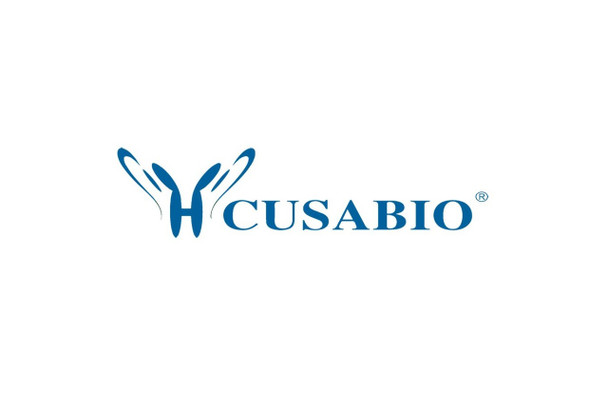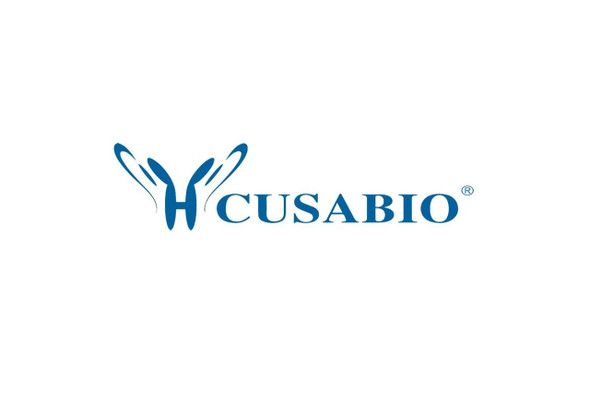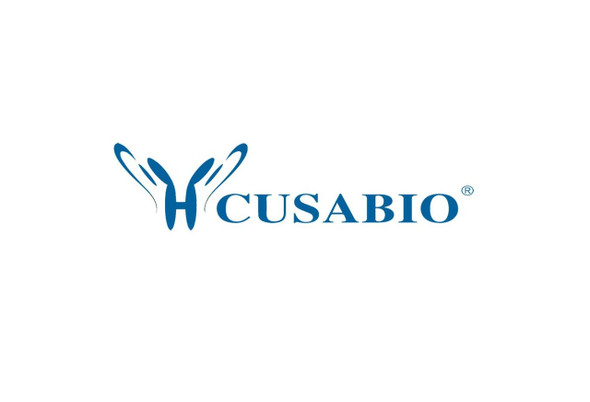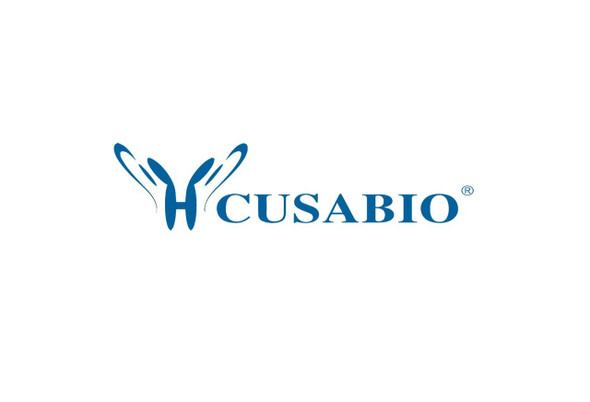Cusabio Active Proteins
Recombinant Human Atypical chemokine receptor 2 (ACKR2) (Active) | CSB-CF004618HU
- SKU:
- CSB-CF004618HU
- Availability:
- 18 to 23 Working Days
Description
Recombinant Human Atypical chemokine receptor 2 (ACKR2) (Active) | CSB-CF004618HU | Cusabio
Protein Description: Full Length
Alternative Name (s) : C-C chemokine receptor D6 Chemokine receptor CCR-10 Chemokine receptor CCR-9 Chemokine-binding protein 2 Chemokine-binding protein D6 CCBP2, CCR10, CMKBR9, D6
Gene Names: ACKR2
Research Areas: Immunology
Species: Homo sapiens (Human)
Source: in vitro E.coli expression system
Tag Info: N-terminal 10xHis-tagged
Expression Region: 1-384aa
Sequence Info: MAATASPQPLATEDADSENSSFYYYDYLDEVAFMLCRKDAVVSFGKVFLPVFYSLIFVLGLSGNLLLLMVLLRYVPRRRMVEIYLLNLAISNLLFLVTLPFWGISVAWHWVFGSFLCKMVSTLYTINFYSGIFFISCMSLDKYLEIVHAQPYHRLRTRAKSLLLATIVWAVSLAVSIPDMVFVQTHENPKGVWNCHADFGGHGTIWKLFLRFQQNLLGFLLPLLAMIFFYSRIGCVLVRLRPAGQGRALKIAAALVVAFFVLWFPYNLTLFLHTLLDLQVFGNCEVSQHLDYALQVTESIAFLHCCFSPILYAFSSHRFRQYLKAFLAAVLGWHLAPGTAQASLSSCSESSILTAQEEMTGMNDLGERQSENYPNKEDVGNKSA
Biological Activity: Measured by its binding ability in a functional ELISA. Immobilized ACKR2 at 1 μg/ml can bind human CCL2, the EC50 of human CCL2 protein is 23.52-30.99 μg/ml.
MW: 46.9 kDa
Purity: Greater than 85% as determined by SDS-PAGE.
Endotoxin: Not test.
Relevance: Atypical chemokine receptor that controls chemokine levels and localization via high-affinity chemokine binding that is uncoupled from classic ligand-driven signal transduction cascades, resulting instead in chemokine sequestration, degradation, or transcytosis. Also known as interceptor (internalizing receptor) or chemokine-scavenging receptor or chemokine decoy receptor. Acts as a receptor for chemokines including CCL2, CCL3, CCL3L1, CCL4, CCL5, CCL7, CCL8, CCL11, CCL13, CCL17, CCL22, CCL23, CCL24, SCYA2/MCP-1, SCY3/MIP-1-alpha, SCYA5/RANTES and SCYA7/MCP-3. Upon active ligand stimulation, activates a beta-arrestin 1 (ARRB1) -dependent, G protein-independent signaling pathway that results in the phosphorylation of the actin-binding protein cofilin (CFL1) through a RAC1-PAK1-LIMK1 signaling pathway. Activation of this pathway results in up-regulation of ACKR2 from endosomal compartment to cell membrane, increasing its efficiency in chemokine uptake and degradation. By scavenging chemokines in tissues, on the surfaces of lymphatic vessels, and in placenta, plays an essential role in the resolution (termination) of the inflammatory response and in the regulation of adaptive immune responses. Plays a major role in the immune silencing of macrophages during the resolution of inflammation. Acts as a regulator of inflammatory leukocyte interactions with lymphatic endothelial cells (LECs) and is required for immature/mature dendritic cells discrimination by LECs.
PubMed ID:
Notes: Repeated freezing and thawing is not recommended. Store working aliquots at 4℃ for up to one week.
Function:
Involvement in disease:
Subcellular Location:
Protein Families:
Tissue Specificity:
Paythway:
Form: Liquid or Lyophilized powder
Buffer: If the delivery form is liquid, the default storage buffer is Tris/PBS-based buffer, 5%-50% glycerol. If the delivery form is lyophilized powder, the buffer before lyophilization is Tris/PBS-based buffer, 6% Trehalose, pH 8.0.
Reconstitution: We recommend that this vial be briefly centrifuged prior to opening to bring the contents to the bottom. Please reconstitute protein in deionized sterile water to a concentration of 0.1-1.0 mg/mL.We recommend to add 5-50% of glycerol (final concentration) and aliquot for long-term storage at -20℃/-80℃. Our default final concentration of glycerol is 50%. Customers could use it as reference.
Uniprot ID: O00590
Uniprot Entry Name:
HGNC Database Link: N/A
UniGene Database Link: N/A
KEGG Database Link: N/A
STRING Database Link: N/A
OMIM Database Link: N/A











